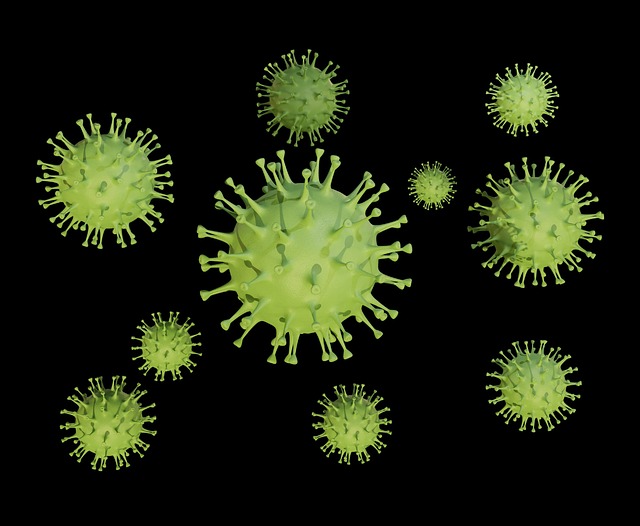After several weeks of declines, COVID-19 cases are once again rising by 8% globally , and the World Health Organization warned on Wednesday that this situation may be the prelude to a much bigger problem.
“These increases are occurring despite the fact that in some countries fewer tests are carried out, which means that the cases we see are the tip of the iceberg,” said the director of the Organization, Dr. Tedros Adhanom Gebreyesus, at a press conference.
He also recalled that “we know that when cases increase, so do deaths . “It is to be expected that there will be outbreaks and increases in local cases, especially in areas where prevention measures have been withdrawn.”
New infections increased by 8% worldwide compared to the previous week, with 11 million new cases. The largest increase occurred in the Western Pacific region.
For her part, the Organization’s leading epidemiologist stated that the BA.2 subvariant of Omicron appears to be the most transmissible so far. Maria Van Kerkhove explained that this is coupled with a large amount of misinformation and low vaccination rates in many countries.
Dr. Tedros concluded that the pandemic is not over and asked countries to remain vigilant .

IMF/Joaquin Sarmiento. A group of people during the COVID-19 pandemic in Medellín, Colombia.
The rise in COVID-19 cases is a wake-up call for America
Although in America cases of the disease decreased by 19% and deaths also decreased - with 6.9% in the Caribbean and 27.9% in Central America - the head of the Pan American Health Organization He warned that “ transmission is not controlled ” and that increases in other parts of the world serve as a warning for the region.
“This virus puts us all at risk, especially the unvaccinated. That is why we must continue to strive to close the equity gap and protect the most vulnerable with COVID-19 vaccines,” highlighted Dr. Carissa Etienne.
In this section, he recalled that, although many nations are on track to reach the 70% coverage goal for June 2022 set by the World Health Organization, there are still 21 countries and territories that have not vaccinated half of them. of its population.
“And even in places with high overall coverage, some of the most vulnerable people, such as the immunocompromised and the elderly, are still not protected, leaving both them and our health systems at risk,” he warned.

UNICEF/Wathiq Khuzaie. Vaccination against polio in Brazil.
The fight against coronavirus cannot stop other vaccination campaigns
At the same time, he highlighted that, although health systems have focused on the response to the pandemic, they must also maintain their attention on routine immunization , which serves both to prevent other serious diseases and to save lives.
As an example, he highlighted that the coverage of vaccines against polio, measles and rubella, diphtheria and other childhood diseases had already decreased before the appearance of COVID-19, and that the strong impact of the pandemic only worsened. the situation .
“In two years, we have reversed almost three decades of progress in the fight against polio and measles , returning us to the same vaccination levels we had in 1994,” he warned.
He also warned that previously widespread diseases such as diphtheria and yellow fever “threaten a resurgence, unless we act quickly” and that vaccination against the Human Papillomavirus, which prevents cervical cancer in young men and girls, also has stalled across the region due to school disruptions.

BioNTech. The Pfizer-BioNTech vaccine against COVID-19 has been the first to be authorized in some countries.
Progress to repeal vaccine property rights
In parallel, the director general of the World Trade Organization applauded the progress made by four of its members on the exemption from the agreement on trade-related intellectual property for the production of vaccines against the COVID-19 pandemic.
"This is a big step forward and the compromise is the result of many hours of long and difficult negotiations. But we are not there yet. We have work to do to ensure that we have the support of all members of the Organization "said Ngozi Okonjo-Iweala.
The head of the Organization specified that, although the agreement between the European Union, India, South Africa and the United States is an essential part of any final agreement, she warned that not all the details of the commitment have been polished and that the internal consultations of the four members have not yet concluded.
Furthermore, he stressed that work must begin immediately to expand the discussions and include the 164 members of the Organization.
















